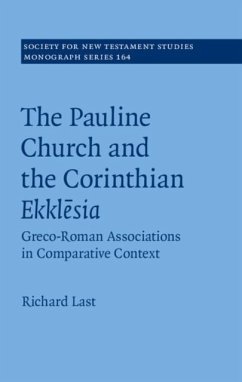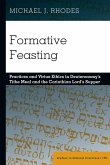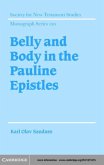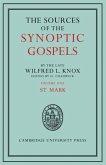Moving past earlier descriptions of first-century Christ groups that were based on examining the New Testament in isolation from extant sources produced by analogous cult groups throughout Mediterranean antiquity, this book engages with underexplored epigraphic and papyrological records and situates the behaviour of Paul's Corinthian ekklesia within broader patterns of behaviour practised by Greco-Roman associations. Richard Last's comparative analysis generates highly original contributions to our understanding of the social history of the Jesus movement: he shows that the Corinthians were a small group who had no fixed meeting place, who depended on financial contributions from all ten members in order to survive, and who attracted recruits by offering social benefits such as crowns and office-holding that made other ancient cult groups successful. This volume provides a much-needed robust alternative to the traditional portrayal of Pauline Christ groups as ecclesiastically egalitarian, devoid of normative honorific practices, and free for the poor.
Dieser Download kann aus rechtlichen Gründen nur mit Rechnungsadresse in A, B, BG, CY, CZ, D, DK, EW, E, FIN, F, GR, HR, H, IRL, I, LT, L, LR, M, NL, PL, P, R, S, SLO, SK ausgeliefert werden.









